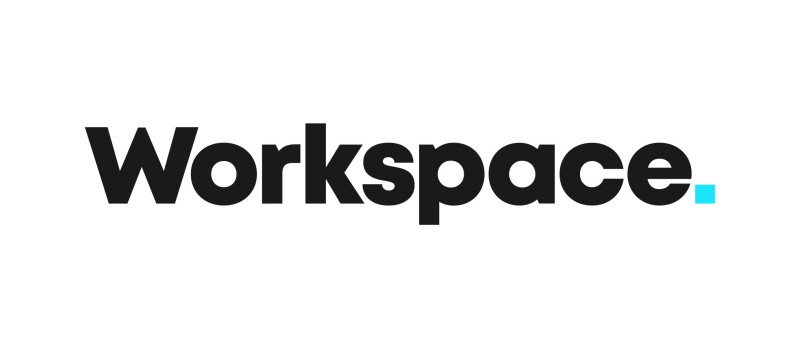
Net zero. carbon neutral. carbon offsetting, CO2 reduction, environmentally sustainable, sustainable development, eco-friendly, climate friendly, decarbonisation…..
These, and many others, are terms you will no doubt have seen used in marketing materials to describe how ‘green’ a business is. But what do they all mean? Are they all relevant? Which are the most important? Do they really mean anything to us and our businesses?
Climate change is a complicated process and knowing what to do for the best is not easy. Over the course of the next few articles we hope to offer a few tips to cut through the confusing messages and help you and your business do your bit to “Save the Planet!”
Keep it Simple
No matter how complex something may appear it can usually be broken down into more manageable elements. The principles of climate action are in essence very simple.
Net Zero and Carbon Neutral are terms used to describe a strategy to address the Climate Crisis but what do they really mean?
Net Zero essentially means that carbon sources (emissions) are balanced by carbon sinks. Man-made carbon emissions include the waste by product of using energy and materials in activities such as manufacturing, energy production, transport etc. Carbon sinks are mainly plants and oceans that absorb CO2. So, to be Net Zero we need to balance the carbon emissions with the carbon sinks.
Many companies say they contribute to tree planting, carbon capture or other carbon sink projects. So, if we can enhance the carbon sinks then is that the answer? Unfortunately not, as their capacity is limited and under the Science Based Targets initiative (SBTi) (1) their use should only be used for offsetting once other action has been taken to tackle the majority of the carbon imbalance. So, if we can’t rely on offsetting with enhanced carbon sinks then the only other way is to reduce carbon emissions. Limiting global warming to 1.5oC requires a reduction of emissions by about 90% below 2010 levels by 2050! Carbon sinks can then be used to neutralise the hardest emissions to tackle to take us to Net Zero.

Carbon Neutral usually refers to a specific product or process at a specific point in time and it means that emissions associated with it have been neutralised. This generally means paying someone else to reduce their emissions by an equivalent amount. In other words, passing the problem on to someone else. Also, the emissions ‘neutralised’ by tree planting in the moment of a products manufacture or the process of an airline flight may be recaptured over the course of the 200-year life of a tree. Not a real time solution.
So, what can we take from all of this when it comes to our own efforts to “Save the Planet”?
In simple terms, target emissions reduction and don’t get too distracted with claims of enhancing carbon sinks such as tree planting and carbon capture. They have their place, but they aren’t the magic solution.
If you want to take practical steps to “Save the Planet” then review the carbon emissions of your business, set some KPI’s for their reduction and make a plan to achieve them.
More tips on what to consider in your review and planning in the next article….
If you really want to know more of the detail below are a couple of websites showing you how to get really serious about understanding the detail and making your own plans.
https://unfccc.int/process-and-meetings/the-paris-agreement/the-paris-agreement
The international agreement and forum to address this global issue.
Links: https://sciencebasedtargets.org/
(1). The Science Based Targets initiative (SBTi) drives ambitious climate action in the private sector by enabling organizations to set science-based emissions reduction targets.
New Climate Institute supports research and implementation of action against climate change around the globe. We generate and share knowledge on international climate negotiations, tracking climate action, climate and development, climate finance and carbon market mechanisms. We connect up-to-date research with the real world decision making processes, making it possible to increase ambition in acting against climate change and contribute to finding sustainable and equitable solutions.
